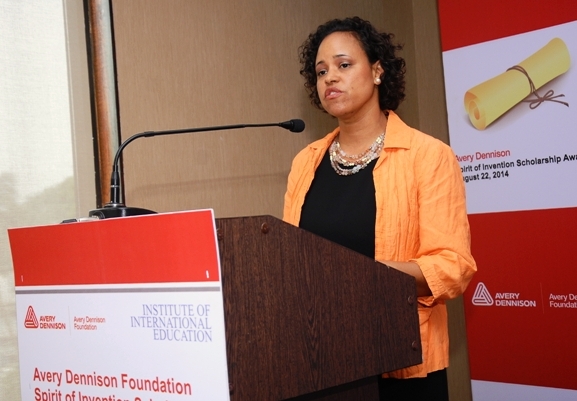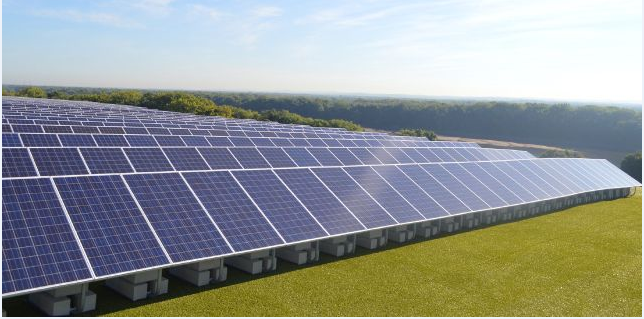
Alicia Procello : It is a pleasure to serve as the President of the Avery Dennison Foundation. Our grants in sustainability make a profound impact not only on the environment, but more importantly on the lives of the people living in areas where environmental issues are challenging.
Sometimes we can effect change by simply giving a grassroots organization the resources they need to tackle local problems in an innovative way — problems that, in many cases, wouldn’t otherwise be addressed.
In 206 we made a two year grant Global Greengrants Fund. Through our grant, we’re funding seven female-led grantees working on issues of environmental sustainability and women’s empowerment—two of the Avery Dennison Foundation’s priority areas. The grants will support women improving communities in Africa, Asia, Latin America and the Pacific Islands.
Our grant is already at work on Tansin, an island quilted with jungle and savanna in Northeast Honduras. Most of Tansin’s 50,000 inhabitants are indigenous Miskito. Most live in villages accessible only by boat or plane and depend on subsistence farming for survival. Deforestation from large-scale agriculture, along with increasingly erratic weather, threatens the community’s survival.
While many local Miskita women work as farmers, they tend to make less money and have less access to food than men because they lack access to land, seeds, technology, financial services, and a voice in politics. Our grant is helping the Women’s Association of Tansin eradicate that disparity by teaching women about sustainable farming and forest management. The group will train women in crop diversification, integrating tree conservation into farming practices, and serving the tourist trade.
Through these trainings, local women will become more economically independent and implement sustainable ways of making a living. The Women’s Association of Tansin expects that 92 local households will benefit from the project, totaling more than 600 people.
Another grant grantee of Global Greengrant Fund supports the village of Venustiano Carranza is located in Chiapas, the southernmost Mexican state, which shares a border with Guatemala.
Most of Venustiano Carranza’s 750 inhabitants are indigenous, and are dependent upon subsistence farming for their livelihoods and survival. Recently, the community has documented a disturbing increase in women experiencing malnutrition, illness, and death due to poor diet and consumption of food contaminated with pesticides and carcinogens.
In order to address this critical situation, a local community group, Batsil Antsetik, A.C. is using a $2,500 grant to establish an environmentally-friendly and self-sustaining organic food production center, which will serve as a demonstration and training space for the community and improve food security for 33 families, with the goal of increasing the production of organic foods with female leadership to ensure inclusion of all community members in agricultural decision-making processes.
Trainings at the center will include organic farming, environmental sustainability, nutrition, poultry and rabbit management, composting, and organically growing fruit trees. Women’s leadership trainings will also be offered including an exchange of experience with groups of women from other communities. The project will reduce the use of harmful pesticides, increase the local food production to improve nutrition for children and women, promote women’s leadership, and encourage public conversations on gender equity and human rights.

